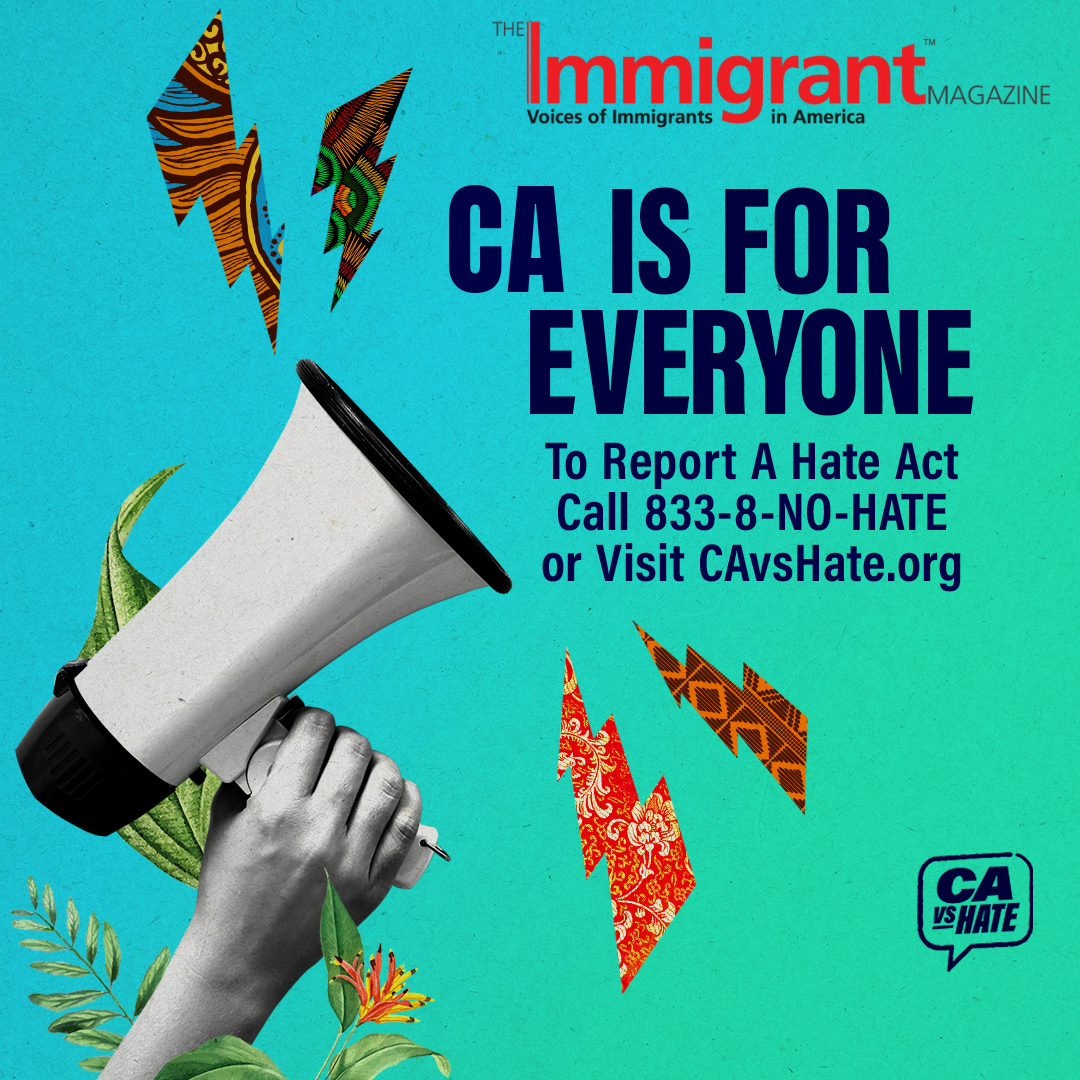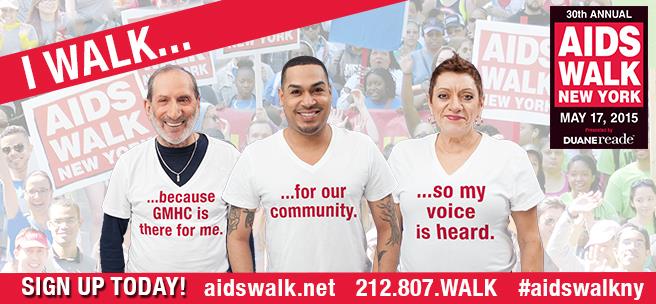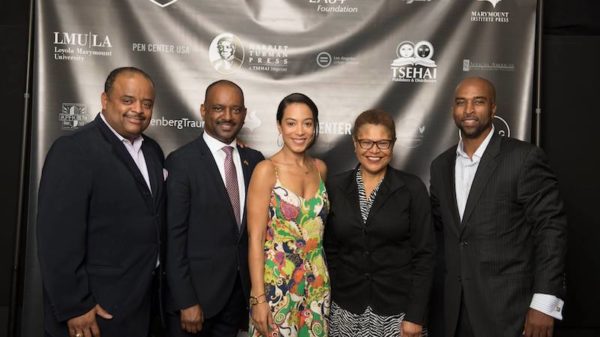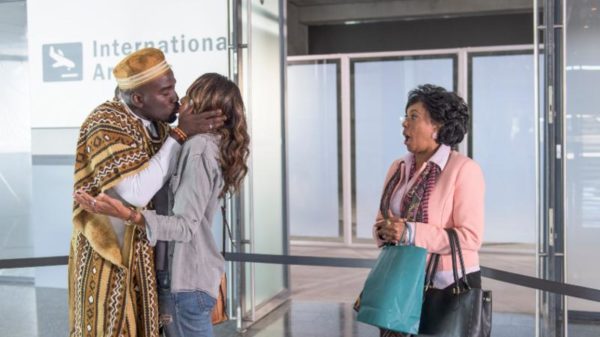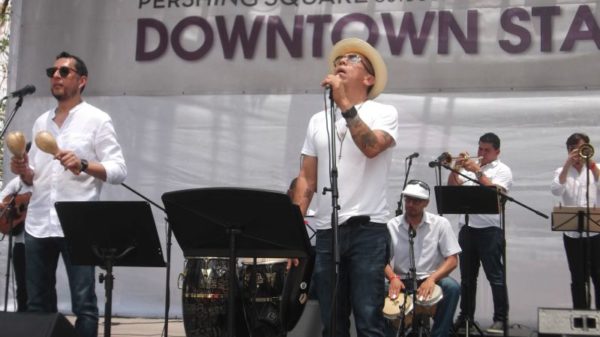In the diverse fabric of immigrant communities, the stories of Black immigrants often linger in obscurity, unheard and unseen. As they navigate the challenges of adapting to a new land, they face a unique set of adversities that can be further intensified by hate incidents and crimes. Shedding light on these struggles becomes imperative, emphasizing the need to empower the community and provide essential resources for fostering resilience and unity.
The Unseen Struggles:
Black immigrants, hailing from sub-Saharan Africa, the Caribbean, and Afro-Latino backgrounds, frequently find themselves navigating the shadows of societal awareness. Their experiences, marginalized and misunderstood, often lead to a lack of understanding about the specific challenges they endure. This marginalization can manifest as hate incidents, adding a layer of hardship to their immigrant journey.
Challenges Faced by the Black Immigrant Community:
The Black immigrant community grapples with various challenges, including marginalization, racial profiling, negative stereotypes, limited access to quality education and job opportunities, economic disparities, complex immigration policies, legal barriers, cultural isolation, and health disparities. These challenges contribute to feelings of isolation and vulnerability within the community.
The Power of Visibility:
Empowering the Black immigrant community starts with visibility. By bringing their stories to the forefront, we dismantle the barriers that shroud their experiences. It is crucial to highlight the resilience, diversity, and contributions of this community, fostering a deeper understanding among the broader population.
Combating Hate:
Addressing hate incidents and crimes against the Black immigrant community requires proactive measures. Education plays a pivotal role, and initiatives focused on raising awareness about the prevalence of such incidents are paramount. Community-led campaigns, exemplified by #Onelove A Lovelution to Stop the Hate against Black Immigrants, strive to create platforms for open dialogue, education, and advocacy.
Connecting Resources:
Equally important is ensuring that the Black immigrant community has access to resources that can support them in the face of hate. From reporting mechanisms to mental health services, legal assistance, and community support networks, resources must be readily available and easily accessible. Collaborations with organizations like CAvsHate and the California Department of Social Services provide valuable channels for connecting the community with essential support systems.
The Role of Media and Communication:
Media outlets, community magazines, and digital platforms play a crucial role in amplifying the voices of the Black immigrant community. Through informative articles, engaging video content, and compelling narratives, these mediums can bridge gaps in understanding, inspire empathy, and motivate action.
Community Empowerment Initiatives:
Empowering the Black immigrant community involves more than just raising awareness; it requires tangible initiatives that address their unique needs. Quarterly mixers, ambassador programs, and educational workshops provide spaces for community members to come together, share experiences, and build a network of support.
Building Cross-Cultural Alliances:
Beyond the confines of the Black immigrant community, fostering cross-cultural collaboration is essential. Partnering with other racial and ethnic groups and engaging in multicultural events help break down barriers, dispel stereotypes, and promote understanding.
Combating Hate and Addressing Challenges:
Initiatives like #Onelove A Lovelution to Stop the Hate against Black Immigrants play a crucial role in educating the broader public about the unique challenges faced by Black immigrants, dispelling stereotypes, and fostering empathy. Establishing community-driven support networks, collaborating with legal organizations and advocacy groups, recognizing the importance of mental health support, and creating economic empowerment programs contribute to addressing the multifaceted challenges faced by the community.
Conclusion:
Empowering the unseen and unheard Black immigrant community in the fight against hate is a collective responsibility. Through concerted efforts in education, resource allocation, and community-building, we can create a more inclusive society where every voice is heard, and every experience is acknowledged. It is through these efforts that we sow the seeds of unity, understanding, and resilience, ensuring a brighter future for the Black immigrant community and society as a whole.
#StopTheHate #EmpowerBlackImmigrants #LovelutionAgainstHate #BlackImmigrantUnity #CombatHate #CommunityEmpowerment #BreakTheStereotypes #SupportDiversity #InclusiveSociety #StandAgainstDiscrimination
This resource is supported in whole or in part by funding provided by the State of California, administered by the California State Library in partnership with the California Department of Social Services and the California Commission on Asian and Pacific Islander American Affairs as part of the Stop the Hate program. To report a hate incident or hate crime and get support, go to CA vs Hate.

